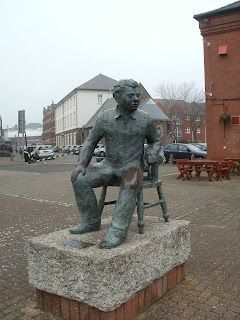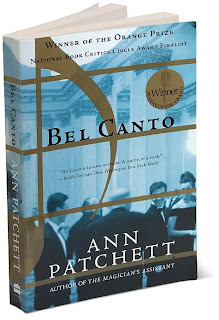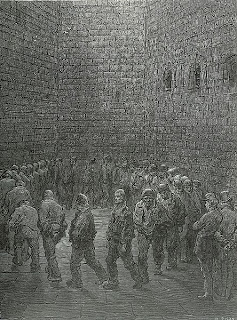For those of you who don’t know, over the past year the
Olympic venues have been put through their paces by holding a large number of
‘test events’ in order to test the venues themselves and to spot any potential
problems that can be fixed in time for the Olympics. My area Surrey is hosting
the men and female road cycling events and during the test event a number of
small problems arose including a lack of friendly face for the many visitors.
The policeman and the Stewarts on the day were bombarded with questions ranging
from ‘where’s the best place to stand’ to ‘what time are they coming through
this area’ and while the policeman and stewards were very good, the policeman
do have a job to do and the stewards were not from the local area and could
therefore their help was limited. Given that way more people will be descending
on the area during the Olympics the role of the ‘Surrey Ambassadors’ was
created.
So I’ll be there I a few days, giving out information
leaflets, answering questions (there are a large number of Ambassadors that
speak a foreign language) and basically giving visitors the impression that we
are all very nice really. Unfortunately although the uniform is certainly distinctive,
it does resemble a jockey’s jumper somewhat but hey at least we get to keep it.
The torch was a practice event for the ambassador system
which it was a success and great fun. It’s amazing how many people turned up
and how busy it was. Even Chris who was working is beginning to get into the spirit
slowly but surely.
Normal service will be resolved in a couple of weeks but in
the meantime I may blather more about the Olympics as I do have tickets.








































